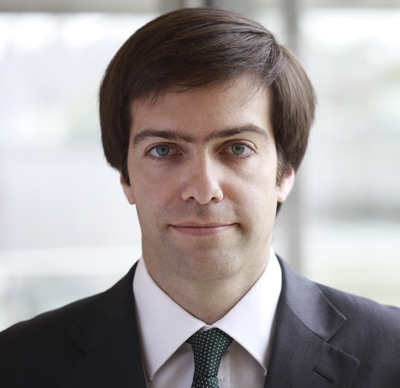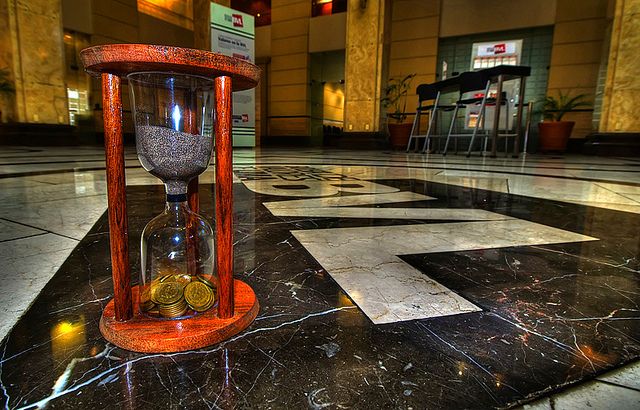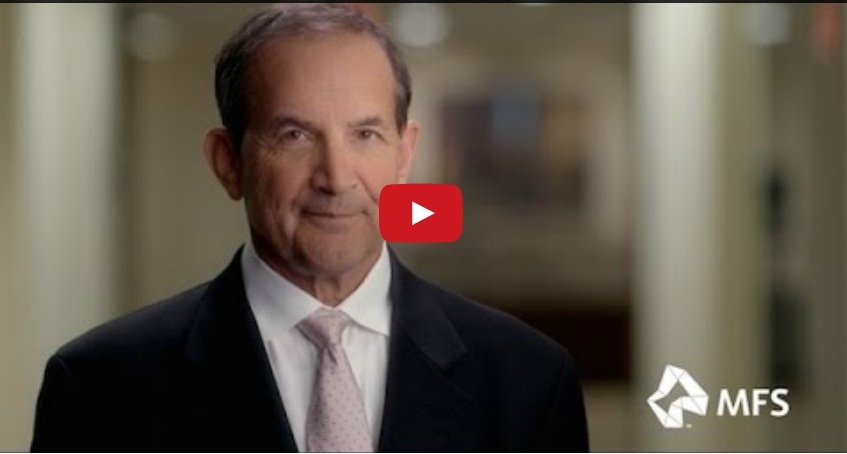UCITS V Approved: New Provisions on Depositaries, Remuneration Policies and Sanctions
| By Alicia Miguel | 0 Comentarios
On 28 August 2014, the Official Journal of the European Parliament published Directive 2014/91/EU of 23 July 2014 which amends the UCITS Directive for the fifth time and is commonly known as the “UCITS V Directive”. The purpose of the UCITS V Directive is to harmonise the dispositions regarding depositary duties and liability, remuneration policies of management companies and administrative sanctions, explains Isabel Aguilar, a senior associate at the Madrid office of Uría Menéndez*.
With respect to depositaries, the UCITS V Directive sets forth that UCITS may only appoint a single depositary and it has to be evidenced by a written contract. Further, depositaries are entrusted with certain oversight and cash-monitoring functions in addition to the safe-keeping functions, in line with those laid down by the Alternative Investment Fund Managers Directive. In addition, there are specific provisions regulating the delegation of the depositary functions, the liability of the depositary and the entities which may be appointed as such.
With respect to remuneration policies of management companies, these must be consistent with and promote sound and effective risk management and be aligned with the risk profile of the UCITS. Specific principles are established and should be followed depending on the size, organisation, nature, scope and complexity of the activities of the management company. The remuneration policies shall apply to those categories of staff whose professional activities have a material impact on the risk profiles of the management companies or of the UCITS they manage and include senior management, risk takers, control functions and employees with remuneration equivalent to senior management.
With respect to the sanctions regime, Member States will have to approve rules on administrative sanctions in respect of breaches of national provisions implementing the UCITS Directive. For such purpose, a list of specific breaches and sanctions is laid down. The sanctions include, among others, fines of at least EUR 5 million or 10% of total annual turnover, and must be published on the website of the competent authority.
Member States have until the 18th of March 2016 to implement the UCITS V Directive into their national law.
* Isabel Aguilar is a senior associate at the Madrid office of Uría Menéndez. Her practice is focused on banking and securities market regulations. Among others, she regularly advises on matters related to investment funds and management companies, whether UCITS, alternative investment funds or private equity funds, the rendering of financial services and banking and finance in general.






